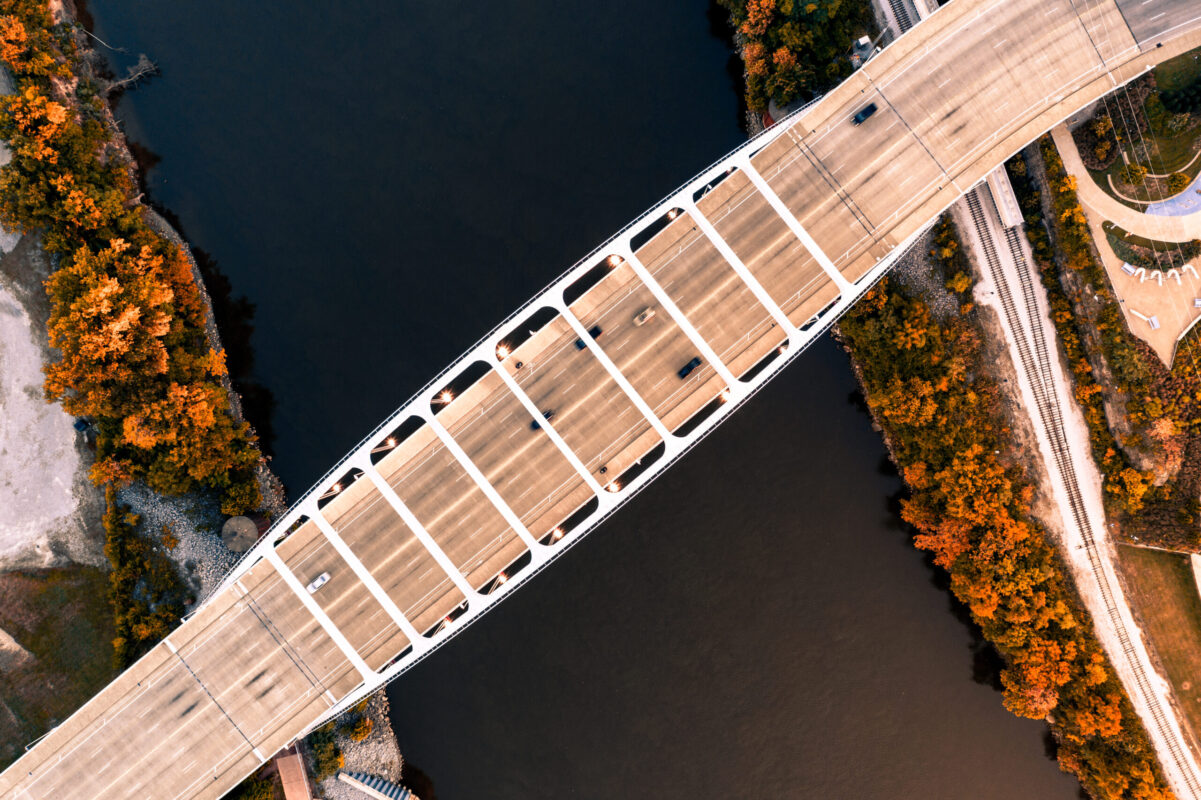Safety recommendations during COVID-19 are evolving as experts continue to learn more about the virus, especially when it comes to travel and recreation. And while staying closer to home is the safest option during the pandemic, there are some steps all Tennesseans can take to travel and explore more safely.
“Even though we all want to get outside, we should continue to work to minimize the risks of bringing COVID-19 back to our homes,” says Dr. Andrea Willis, chief medical officer of BlueCross BlueShield of Tennessee.
To that end, WellTuned gathered guidance from the Centers for Disease Control, Tennessee State Parks, Tennessee Department of Tourism and other experts to create this go-to guide.
As you make plans, remember:
- Travel increases your chances of getting and spreading COVID-19.
- Staying home is the best way to protect yourself and others, especially if you or someone you live with is at increased risk for severe illness from COVID-19.
- You can spread COVID-19 to other people for 14 days after you’re exposed.
- You shouldn’t travel:
- With someone who’s sick
- If you are sick, or
- If you’ve been around someone with COVID-19 in the past 14 days.
For the latest information on coronavirus in Tennessee, visit the Tennessee Department of Health.
Before you travel
Check your destination to see if cases there are rising. The more cases at your destination, the more likely you are to get infected.
Staying in Tennessee
Longer, farther trips often require more time spent in public, as well as more contact with people and surfaces. If you travel within Tennessee, there are several initiatives to help you stay safe.
The Tennessee Department of Tourism recently launched the “For the Love of Tennessee, Travel Safe” initiative. It offers tips on how to enjoy Tennessee’s scenic spots, outdoor activities, urban centers and small towns while following key safety guidelines.
Tennessee State Parks is also providing information about safe exploration, including:
- Keeping visitors healthy: Facility information, tips for day-users and park safety tips
- COVID-19 closures: A map outlining parks closures and alerts
- Tips for overnight travelers to Tennessee State Parks
Traveling out of state
If you travel outside of Tennessee, make sure your destination doesn’t have restrictions, testing requirements, stay-at-home orders or quarantine requirements for travelers from Tennessee.
Airlines, for example, will not prevent you from booking travel to destinations where a 14-day quarantine is required, so it’s up to travelers to know the requirements.
Check your destinations and routes by state, territorial, tribal or local health department.
While traveling
- Wear a mask that covers your nose and mouth in public.
- Stay 6 feet away (2 arms’ length) from anyone not in your household.
- Wash your hands often or use hand sanitizer with at least 60% alcohol.
- Avoid contact with anyone who is sick.
- Avoid touching your eyes, nose and mouth.
Be especially careful in airports, train stations, rest stops, while ridesharing or on public transportation. While in such places:
- Avoid touching surfaces such as kiosks, screens, benches, etc. If you must touch them, clean your hands ASAP.
- Opt for touchless payment or exchange credit cards by placing them on a counter rather than by hand.
- Try to travel during non-peak hours so you’ll encounter fewer people.
- Skip a row of seats between yourself and others if possible.
- Bring your own food if possible.
When you arrive at your destination, wash your hands with soap and water for at least 20 seconds.
Air travel
Security lines and airport terminals put you in close contact with others, and with frequently touched surfaces. While most viruses and germs don’t spread easily on flights because of air circulation and filtration, social distancing is difficult. Sitting within 6 feet of others for hours may increase your risk, as can ridesharing to the airport.
Car & RV travel
Stopping along the way for gas, food or other breaks may put you at risk. When getting gas, use disinfecting wipes on handles and buttons at pumps before you touch them.
Staying overnight
When booking accommodations, check company websites to see what they’re doing to protect people from COVID-19. When you arrive:
- Use online or contactless reservations and check-in.
- Use contactless payment.
- Consider sanitizing your room upon arrival.
Closed spaces
- Where possible, choose locations that are outdoors and allow you to maintain an appropriate distance from others.
- If you are indoors, look for arrows or markers along the floor or walls that indicate where you should stand to avoid close contact.
After traveling
Even if you have no symptoms, you may have been exposed to COVID-19. Continue to practice all of the same precautions you did while traveling, and be especially careful if you participated in higher risk activities while traveling, such as:
- Being in an area that is experiencing high levels of COVID-19
- Going to a large social gathering like a wedding, funeral or party
- Attending a mass gathering like a sporting event, concert or parade
- Being in crowds (restaurants, bars, airports, stations, theaters)
- Traveling on a cruise ship or river boat
“COVID-19 spreads most commonly among people that are in close contact,” says Dr. Willis. “ If you’re considering a public space, call ahead or check the businesses’ social media pages to make sure they are following local recommendations.”
For all updates about coronavirus from BlueCross BlueShield of Tennessee, click here.
Get more information about specific health terms, topics and conditions to better manage your health on bcbst.com. BlueCross BlueShield of Tennessee members can access wellness-related discounts on fitness products, gym memberships, healthy eating and more through Blue365®. BCBST members can also find tools and resources to help improve health and well-being by logging into BlueAccess and going to the Managing Your Health tab.


